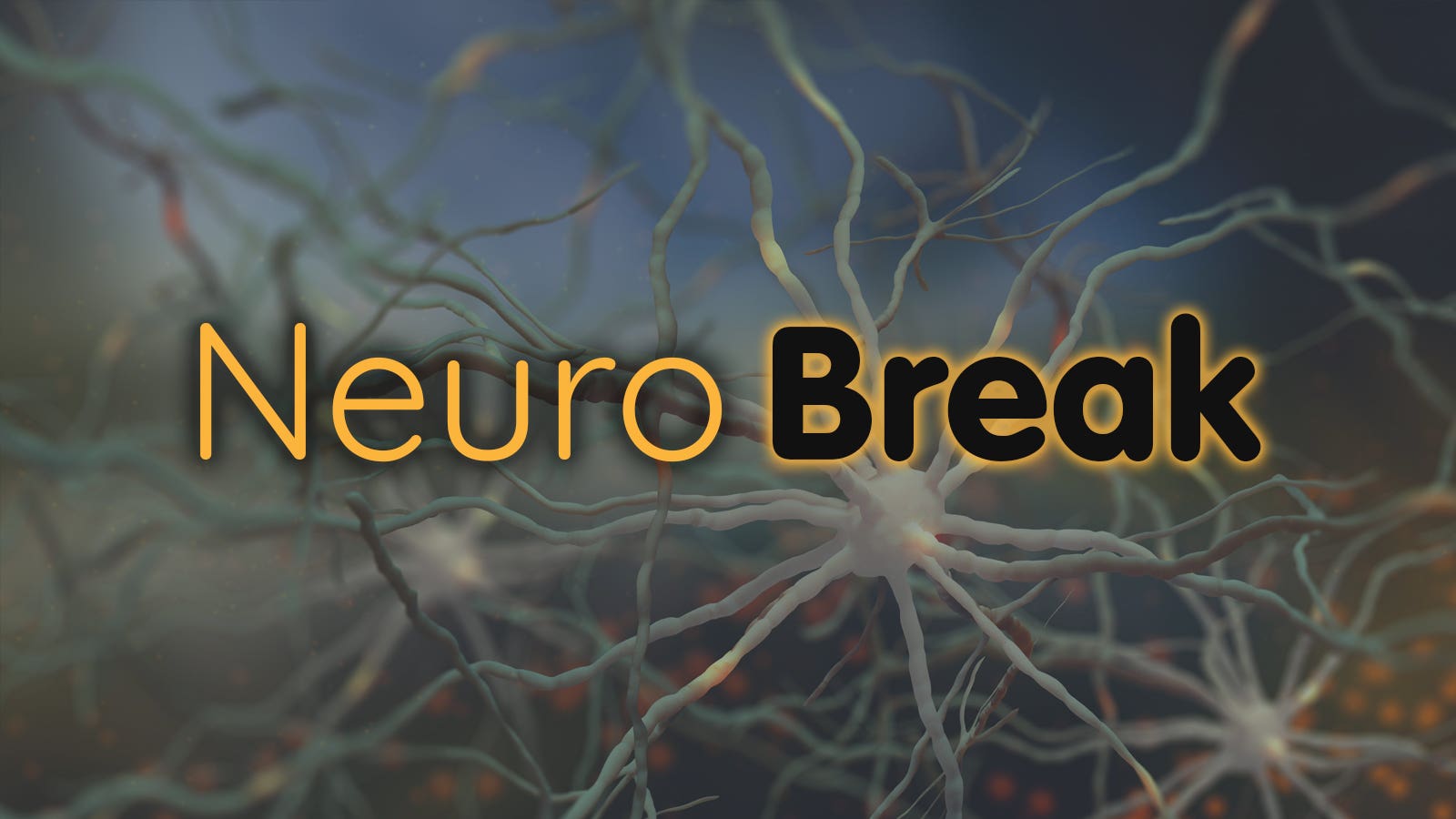Cardiovascular
Theory Slammed as Pseudoscience; TBI and Cardiovascular Risk; AAN Shares Its Vision
The integrated information theory — a way of looking at how the brain achieves consciousness — was publicly slammed as “pseudoscience” by 124 scholars and researchers. (Nature)
Risk of cognitive decline progression was tied to increased blood-brain barrier permeability, a longitudinal study showed. (Alzheimer’s & Dementia)
Researchers identified the dominant assemblies and states of type A GABA receptors in mice. (Nature)
A mouse study also showed that pain relief through cholinergic mechanisms was not associated with tolerance, reward, or withdrawal symptoms. (Neuron)
Higher procedural volumes were tied to faster treatment times and better outcomes in patients who had endovascular treatment for acute ischemic stroke. (Annals of Neurology)
A review in Lancet Neurology looked at ways to reduce long-term risks of cardiovascular disease after traumatic brain injury.
Pre-treatment serum neurofilament light levels were a biomarker for underlying disease activity in pediatric multiple sclerosis. (Neurology)
The Japan health ministry approved lecanemab (Leqembi) for early Alzheimer’s disease. (The Japan Times)
The American Academy of Neurology shared its vision to improve the nation’s brain health by 2050 in a new platform and position statement. (Neurology)
In a study of 4 million births, winter and spring conceptions were associated a 9% to 10% increased risk of cerebral palsy compared with summer, but no consistent differences were found for fall. (JAMA Network Open)
Should all newborns be screened for neurodevelopmental disorders? (Pediatrics)
It’s “hard to know” whether Bruce Willis is aware of his frontotemporal lobar dementia, his wife said. (Washington Post)
Please enable JavaScript to view the comments powered by Disqus.

